Baca dalam Bahasa Indonesia Using AI to Predict Water Scarcity in Developing Regions
Introduction: The Looming Water Crisis
Water scarcity is an urgent global issue, particularly in developing regions where populations are growing rapidly and climate change is exacerbating existing challenges. By 2025, it is estimated that 1.8 billion people will live in areas plagued by water scarcity, and two-thirds of the world’s population could be under stress conditions. This alarming trend not only threatens human health and livelihoods but also poses significant risks to agricultural production and economic stability.
[Read More]
AI-Powered Tools for Enhancing Public Participation in Water Management | Alat Berbasis AI untuk Meningkatkan Partisipasi Publik dalam Pengelolaan Air

Baca dalam Bahasa Indonesia AI-Powered Tools for Enhancing Public Participation in Water Management
Water is an invaluable resource that sustains life, economic activities, and the environment. However, many regions around the world struggle with water management issues, which often stem from a lack of effective public participation. As the global population grows and climate change exacerbates water scarcity, finding innovative solutions to engage communities in water management is more crucial than ever.
[Read More]
Water Consumption Gamification with AI to Promote Sustainability | Gamifikasi Konsumsi Air dengan AI untuk Mempromosikan Keberlanjutan

Baca dalam Bahasa Indonesia Water Consumption Gamification with AI to Promote Sustainability The Water Crisis: A Global Challenge Water is an essential resource for life, yet it is becoming increasingly scarce in many parts of the world. The global water crisis is exacerbated by factors such as climate change, population growth, urbanization, and mismanagement of water resources. As a result, many communities face challenges including:
Diminishing freshwater supplies: Over-extraction and pollution of aquifers and rivers lead to a decline in available freshwater.
[Read More]
Renewable Energy Integration Into Water Utilities | Integrasi Energi Terbarukan ke Dalam Utilitas Air
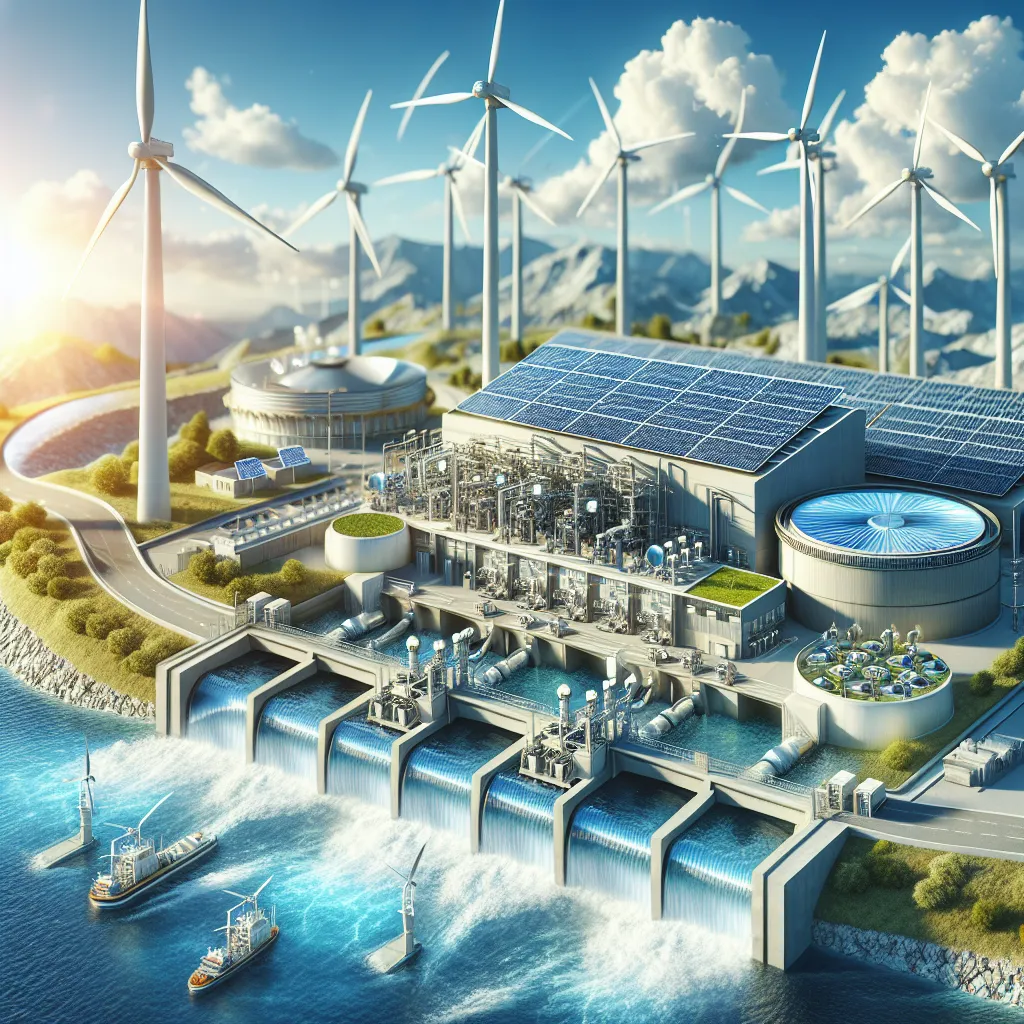
Baca dalam Bahasa Indonesia Renewable Energy Integration Into Water Utilities Introduction: The Convergence of Water and Energy Water utilities face a myriad of challenges today, from fluctuating energy costs to the pressing need for sustainable practices. The intersection of water management and renewable energy presents an innovative solution to these challenges, ensuring that water utilities can operate efficiently while also contributing to environmental sustainability. This blog post explores the pressing issues within water utilities, the benefits of integrating renewable energy, and a step-by-step approach to making this integration a reality.
[Read More]
AI-Powered Tools for Monitoring Water Resource Depletion Trends | Alat Berbasis AI untuk Memantau Tren Penipisan Sumber Daya Air
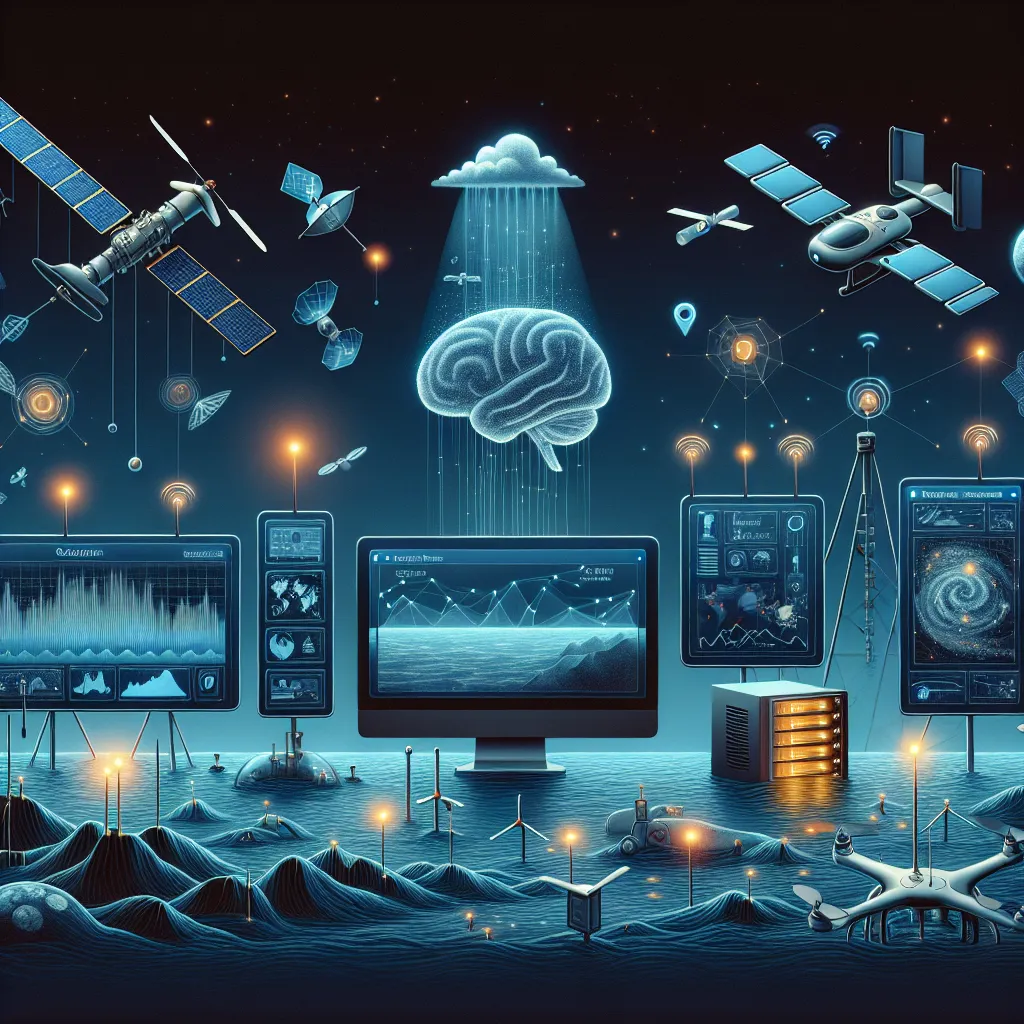
Baca dalam Bahasa Indonesia AI-Powered Tools for Monitoring Water Resource Depletion Trends
Water is an essential resource, supporting human life, agriculture, industry, and ecosystems. However, with increasing population growth, urbanization, and climate change, water scarcity is becoming a pressing global issue. Understanding and addressing the problem of water resource depletion is vital for sustainable management. In this blog post, we will explore the trends of water resource depletion, the role of artificial intelligence (AI) in monitoring these trends, and potential solutions to safeguard this precious resource.
[Read More]
Using AI to Monitor Global Water Resource Trends | Menggunakan AI untuk Memantau Tren Sumber Daya Air Global
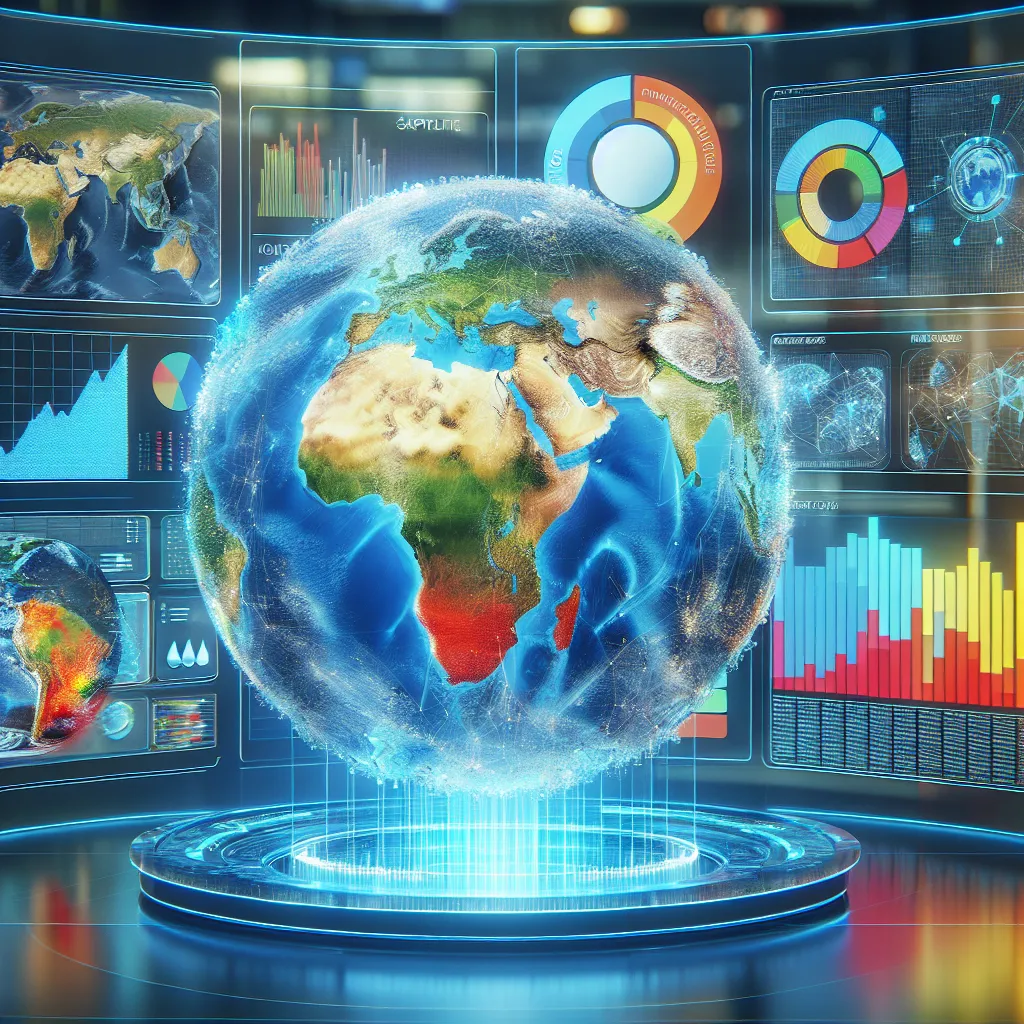
Baca dalam Bahasa Indonesia Understanding the Global Water Crisis Water is an essential resource for life, yet it is becoming increasingly scarce. As populations grow and climates change, the pressure on our water resources intensifies. In many regions around the world, water scarcity is not just a future threat; it is a present reality. The consequences of this crisis are severe, affecting food security, health, and economic stability.
The Scale of the Problem Population Growth: As the world’s population continues to rise, the demand for freshwater increases.
[Read More]
AI-Powered Models for Improving Water Supply Resilience in Mega-Cities | Model Berbasis AI untuk Meningkatkan Ketahanan Pasokan Air di Mega-Kota
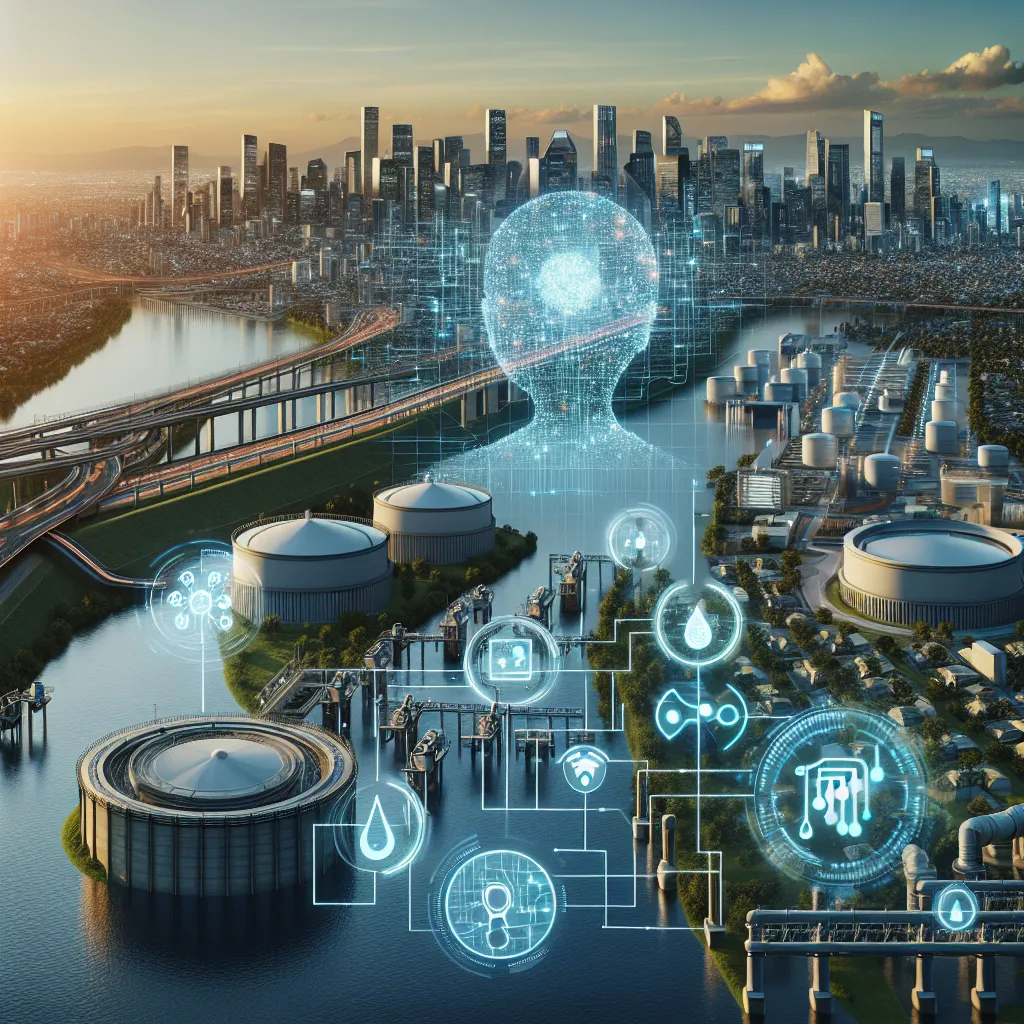
Baca dalam Bahasa Indonesia AI-Powered Models for Improving Water Supply Resilience in Mega-Cities
Understanding the Challenge of Water Supply in Mega-Cities
In an era characterized by rapid urbanization, mega-cities are emerging as bustling epicenters of economic activity and cultural exchange. However, with this growth comes a formidable challenge: ensuring a reliable and sustainable water supply. Water scarcity, aging infrastructure, population pressure, and climate change exacerbate the vulnerabilities of water supply systems, making resilience a pressing concern.
[Read More]
Leveraging AI for Wastewater to Energy Conversion Efficiency | Memanfaatkan AI untuk Efisiensi Konversi Limbah Cair menjadi Energi
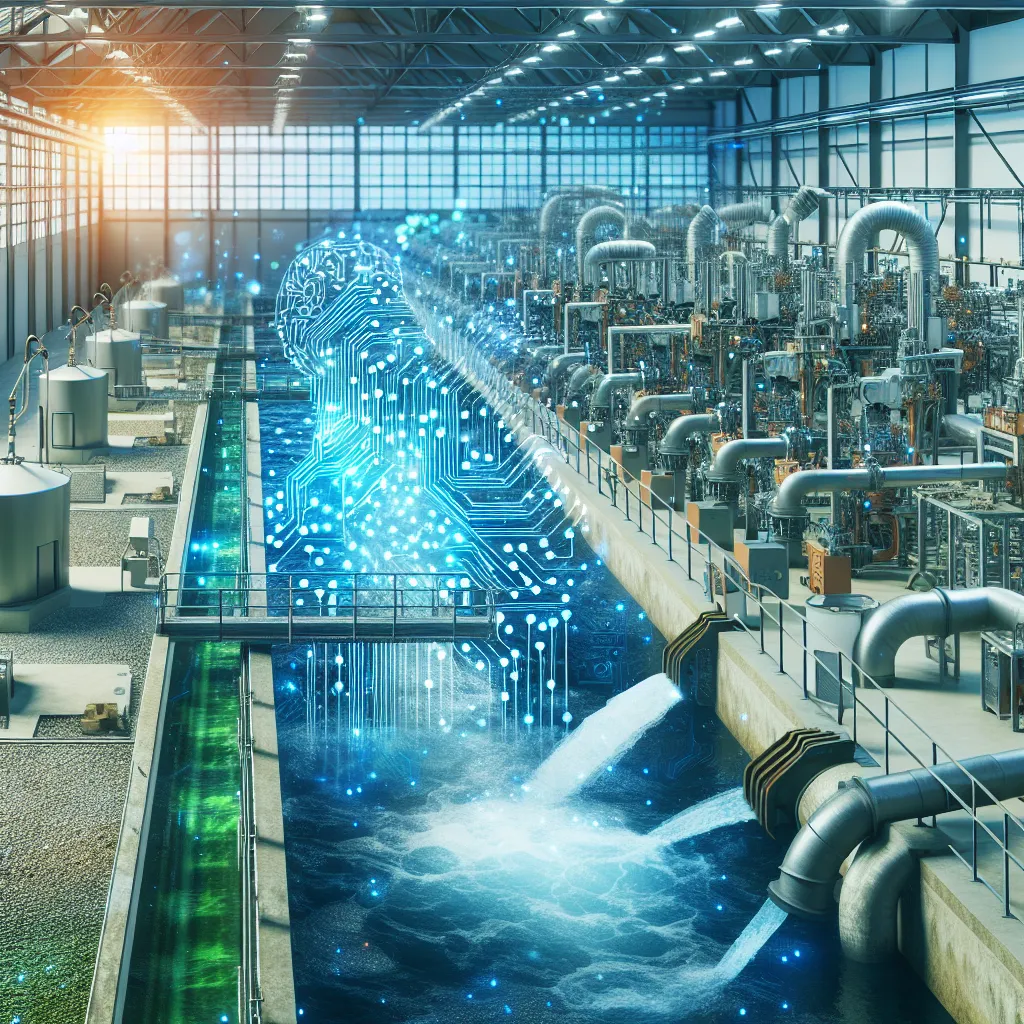
Baca dalam Bahasa Indonesia Leveraging AI for Wastewater to Energy Conversion Efficiency Understanding the Problem: The Wastewater Challenge Wastewater management is a growing concern worldwide, particularly in regions facing rapid urbanization and industrialization. The conventional treatment of wastewater is energy-intensive, requiring significant resources and often leading to considerable environmental impacts. The need for sustainable solutions has never been more pressing, as populations increase and water sources become more polluted.
[Read More]
AI Solutions for Real-Time Control of Water Infrastructure Systems | Solusi AI untuk Kontrol Waktu Nyata Sistem Infrastruktur Air

Baca dalam Bahasa Indonesia AI Solutions for Real-Time Control of Water Infrastructure Systems Water is a vital resource, and managing its distribution effectively is crucial for any community. With increasing urbanization and climate change, the pressure on water infrastructure systems has never been higher. This blog post will explore the complex challenges faced by water utilities and how artificial intelligence (AI) can provide real-time solutions for optimizing water management.
[Read More]
Leveraging AI for Comprehensive Water-Use Lifecycle Analysis | Memanfaatkan AI untuk Analisis Siklus Hidup Penggunaan Air yang Komprehensif
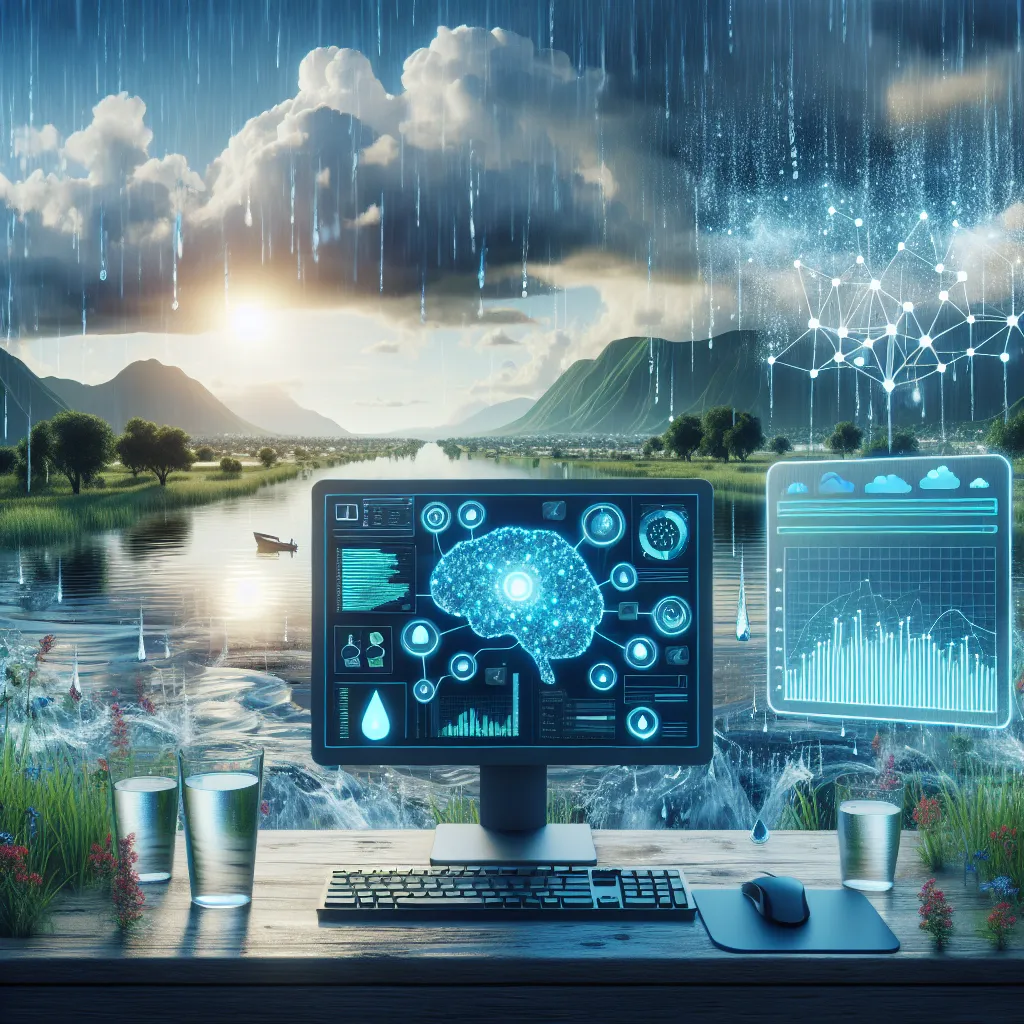
Baca dalam Bahasa Indonesia Leveraging AI for Comprehensive Water-Use Lifecycle Analysis Water is one of the most critical resources on our planet, yet managing its use efficiently remains a significant challenge. With increasing populations, industrial demands, and climate change impacts, understanding the water-use lifecycle is essential for sustainability. This blog post will explore how artificial intelligence (AI) can be employed to conduct thorough water-use lifecycle analyses, offering insights that can lead to more effective water management strategies.
[Read More]